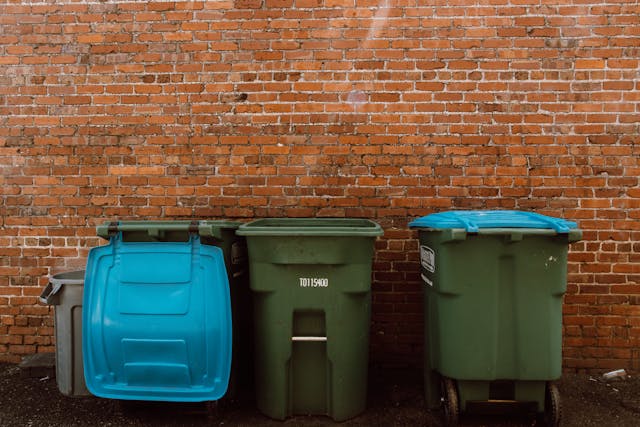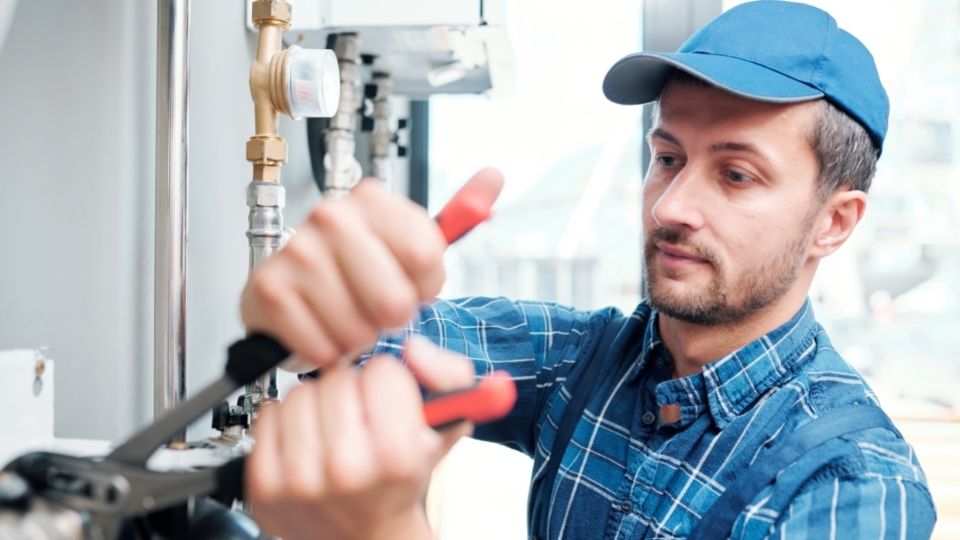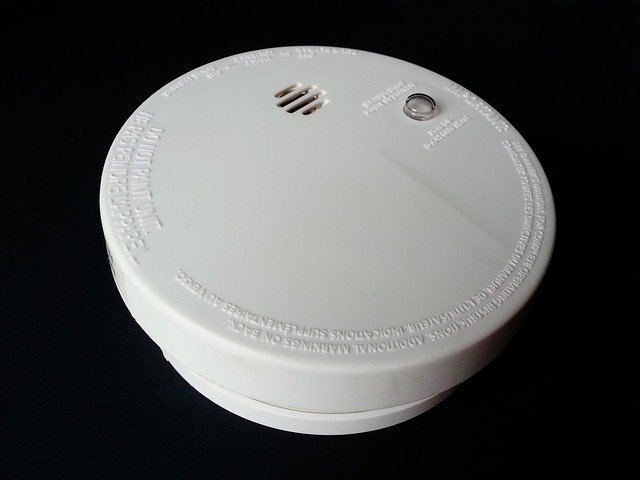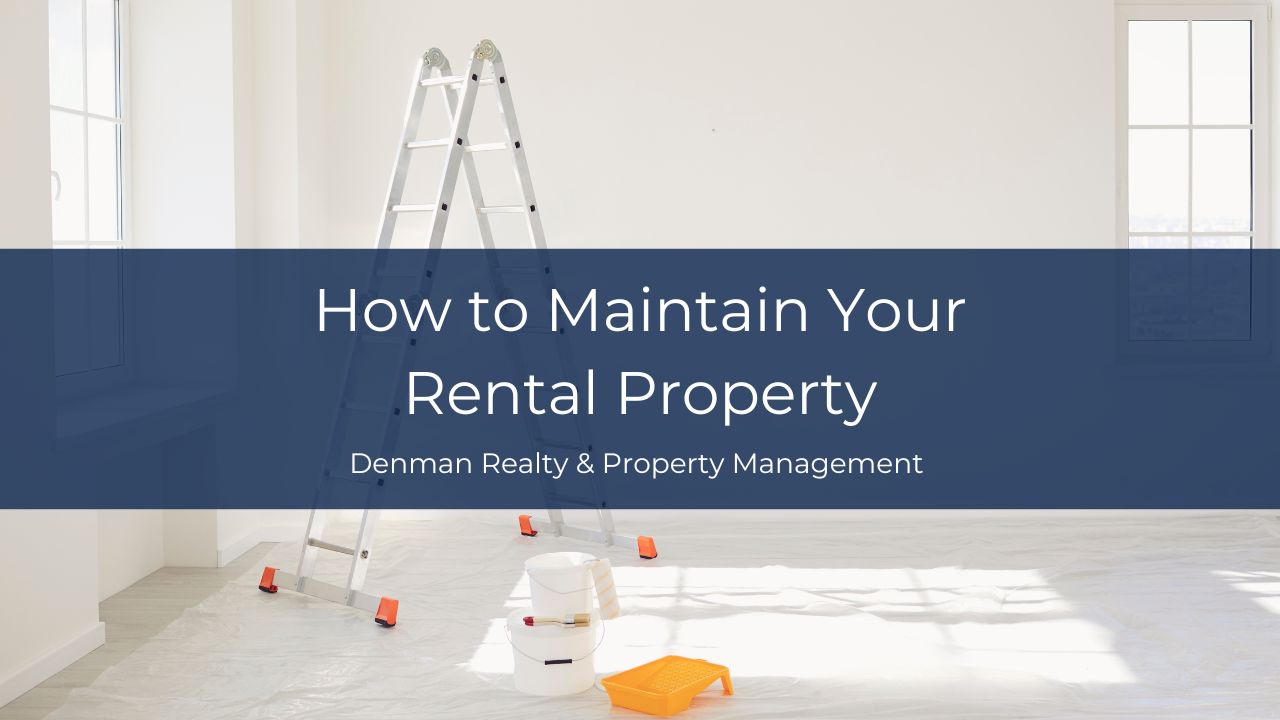Key Takeaways:
Landlords' Responsibilities in Property Maintenance
Landlords must ensure their rental properties remain safe, habitable, and compliant with building codes by maintaining essential utilities, structural integrity, and common areas. Regular inspections and prompt repairs help attract responsible tenants, reduce turnover, and preserve property value.Tenants' Role in Maintaining a Rental Property
Tenants are responsible for keeping their living space clean, adhering to safety regulations, and reporting maintenance issues promptly. Clear communication between landlords and tenants fosters a well-maintained property, minimizes disputes, and ensures a positive rental experience.
Being a landlord involves more than just collecting rent, it’s about providing a safe, comfortable, and well-maintained space. You’re legally required to ensure your property is habitable, secure, and has essential utilities. The better you maintain your rental, the more likely you are to attract responsible tenants, reduce turnover, and avoid costly repairs while maintaining the property's value.
In this article, we at Denman Realty & Property Management will break down the key property maintenance responsibilities for both landlords and tenants, highlighting how both parties can contribute to maintaining a rental property.
The Landlord's Property Maintenance Responsibilities
Landlords are responsible for ensuring the rental property remains in good condition and adheres to local building and health codes. Your role is to provide a habitable space, which includes both structural integrity and functional utilities. Below are the key maintenance duties you, as a landlord, should be aware of:
1. Provide Adequate Trash Receptacles
A clean environment is crucial for tenant safety and health. As such, make sure to provide enough trash receptacles and see to it that they’re emptied regularly to maintain hygiene and cleanliness. Consider the number of tenants living in your rental(s) and the local trash schedule when deciding on bin quantity and size.

2. Ensure That There’s Running Water
Water is a fundamental utility that your tenants need for everyday tasks like cooking, bathing, and cleaning. If a rental unit has issues with water supply or drainage, it becomes uninhabitable. Before renting out your property, make sure there’s an adequate and consistent supply of hot and cold water to meet tenants’ needs.
3. Comply with Building Codes
Building codes ensure resident safety. As a landlord, it's your responsibility to maintain the property’s structures, including plumbing, electrical systems, and safety devices like smoke and carbon monoxide detectors. You must also be mindful of occupancy limits to avoid overcrowding and conduct regular inspections to catch issues before they become safety risks.
4. Maintain Common Areas
If your rental property has common areas like entryways, hallways, lobbies, or laundry rooms, it’s essential to keep them clean and well-maintained. Regularly inspect these areas for safety hazards such as poor lighting, damaged flooring, or faulty railings. Repair any damages immediately to prevent accidents.
5. Promptly Address Property Repairs
Landlords should address property repairs promptly and proactively. You should also build a network of reliable repair specialists to resolve issues quickly. Additionally, determine whether damage is due to tenant negligence or normal wear and tear, as you may be entitled to use the tenant’s security deposit to cover certain repair costs.

6. Monitor Vital Services and Home Systems
Key systems in your rental, such as plumbing, heating, electrical, and gas, need to be functional at all times. Regularly check these systems and make repairs as needed. If utility bills are included in the rent, ensure that payments are made promptly to avoid service interruptions. If tenants are responsible for paying their own utilities, be sure they are aware of their obligations.
The Tenant's Maintenance Responsibilities
While landlords are responsible for keeping the property habitable, tenants also have a legal duty to take care of the rental unit. Tenants should ensure the rental property remains clean and safe and report any issues that require repairs or attention. Below are the key maintenance duties that tenants are responsible for:
1. Promote a Clean and Sanitary Living Environment
Tenants should ensure that their living space is clean and hygienic. This means disposing of trash in the provided bins and keeping the unit free from pests. Renters should also clean appliances and fixtures regularly to avoid long-term damage. Failure to do so can lead to health problems or costly issues.
2. Ensure Safety and Accessibility
Tenants must not block emergency exits or tamper with safety equipment like smoke detectors and carbon monoxide alarms. These devices should always have working batteries, and nothing should obstruct their function. In case of an emergency, quick access to exits and functioning alarms can be life-saving.

3. Comply with Building and Housing Codes
Tenants should follow the rules and regulations of the lease agreement, which includes not exceeding the maximum number of allowed residents and ensuring that the property remains in good condition. They should take care of the property and avoid engaging in behaviors that could cause significant wear or damage.
4. Prevent Mold Growth
Mold can develop quickly in moist environments, especially in areas like bathrooms and kitchens. Tenants should take simple steps to prevent mold growth, such as ensuring proper ventilation and reporting any signs of mold to the landlord. Early detection and action can prevent extensive damage and health problems.
5. Avoid Disturbing Lead Paint
If your rental property was built before 1978, it may contain lead-based paint, which can be hazardous to ones health. Tenants should avoid disturbing any painted surfaces by drilling holes or sanding and painting walls without checking with the landlord.
Why Clear Communication Between Landlord and Tenant Is Essential
Successful property maintenance depends on clear communication between landlords and tenants. Setting expectations early and keeping an open dialogue helps identify issues before they escalate. Regular inspections and prompt reporting of problems ensure timely repairs, keeping the property in good condition, tenants satisfied, and legal disputes minimized.
Bottom Line
Maintaining a rental property is a shared responsibility. Landlords must keep the property safe and habitable, while tenants should care for their living space and follow building codes. Fulfilling these duties ensures a smooth renting experience, reduces costs, and builds trust. Ultimately, property maintenance is about creating a safe, comfortable home.
Are you looking for a reliable property management partner? If yes, contact Denman Realty & Property Management today! We’re a full-service property management company dedicated to helping your rental business thrive.



